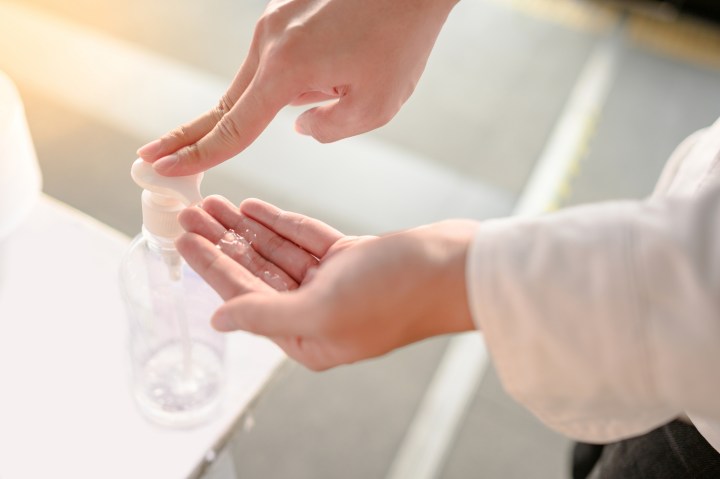
How long will habits established during the pandemic last?
Share Now on:
How long will habits established during the pandemic last?

More than half a year into the pandemic, consumers’ shift in cleaning habits have been a boon to major companies.
Procter & Gamble — the conglomerate that owns brands like Dawn, Febreze and Charmin toilet paper — reported this week that its organic sales growth jumped 9% during the first quarter of the 2021 fiscal year. Its fabric and home care products in particular helped fuel that boost.
“Home-care organic sales increased more than 30% driven by increases in consumer demand for home cleaning products during the pandemic,” P&G said in its press release.
According to a Mintel survey, only 26% of U.S. consumers who use household surface cleaners say they will go back to their typical cleaning routine when the pandemic is over or controlled.
“This reaffirms that the pandemic has the potential to create permanent shifts in cleaning and purchase habits as consumers will continue to prioritize disinfection and hygiene,” said Rebecca Cullen, the senior household care analyst at Mintel.
Mintel also surveyed consumers’ personal hygiene behavior, with some saying they think they will continue practicing good hand hygiene habits even after the pandemic passes.
The rise in home cleaning and increased attention toward personal hygiene are, of course, not the only habit that COVID-19 has altered. The pandemic has touched every facet of our lives, affecting how we eat, shop and socialize with others. But will all of these behaviors be permanent?
Rebecca Hamilton, a marketing professor at Georgetown University, explained that cues in our surroundings trigger our habits and that we shouldn’t necessarily think of them as being “short-term” or “long-term.”
“If you’re hearing news stories about COVID, that’s gonna make you think, ‘Oh, I really need to keep everything clean, I need to wash my hands, I need to wear a mask,’” she said.
Hamilton said that after the pandemic is over, if we see fewer reminders to wash our hands, that means the frequency in which we do that might decrease.
But if any cues are still in our environment after the pandemic subsides, it’s more likely that we’ll continue with these personal hygiene habits. She noted that public buildings will still probably place hand sanitizer in prominent places, for example, which would be a cue for these behaviors to continue.
Mask wearing has been a practice that’s increased or been adopted by some areas that have been through disease outbreaks in the past. For example, the BBC reported that the 2003 SARS virus outbreak, which affected several countries in East Asia, was one reason people in those countries continued to wear masks when sick — especially in Hong Kong, where many died as a result of the virus. (Air and traffic pollution are other reasons that have helped masks become a norm in some parts of Asia.)
Wendy Wood, a psychology and business professor at the University of Southern California, also noted that our habits are very dependent on the context we’re in. If you’re at home a lot and hanging out in the kitchen with your kids, it makes sense that you’ll be prompted to start cooking. And if you’re homebound and can see that you’re dirtying up the house, that’s going to prompt more cleaning.
“When our lives change and we’re no longer at home as much — and we’re not creating the same chaos at home that always happens when people are around — then habits will shift,” Wood said.
But more Americans are likely to remain working at home, with a new S&P Global Survey finding that two-thirds of organizations say a significant increase in remote working will be permanent.
Wood also notes that if your new habits involve things you enjoy, you’ll probably continue to do them after the pandemic is over, while easily shedding habits that you feel forced to do.
Both Wood and Hamilton pointed to cooking as one example. Hamilton said people have discovered they like trying out new recipes, which means that they may continue to even once restaurants reopen.
But she said for those who go back to work, they could pass by a restaurant where they can do takeout, which may prompt them to shift their behavior again.
There’s a lot happening in the world. Through it all, Marketplace is here for you.
You rely on Marketplace to break down the world’s events and tell you how it affects you in a fact-based, approachable way. We rely on your financial support to keep making that possible.
Your donation today powers the independent journalism that you rely on. For just $5/month, you can help sustain Marketplace so we can keep reporting on the things that matter to you.












